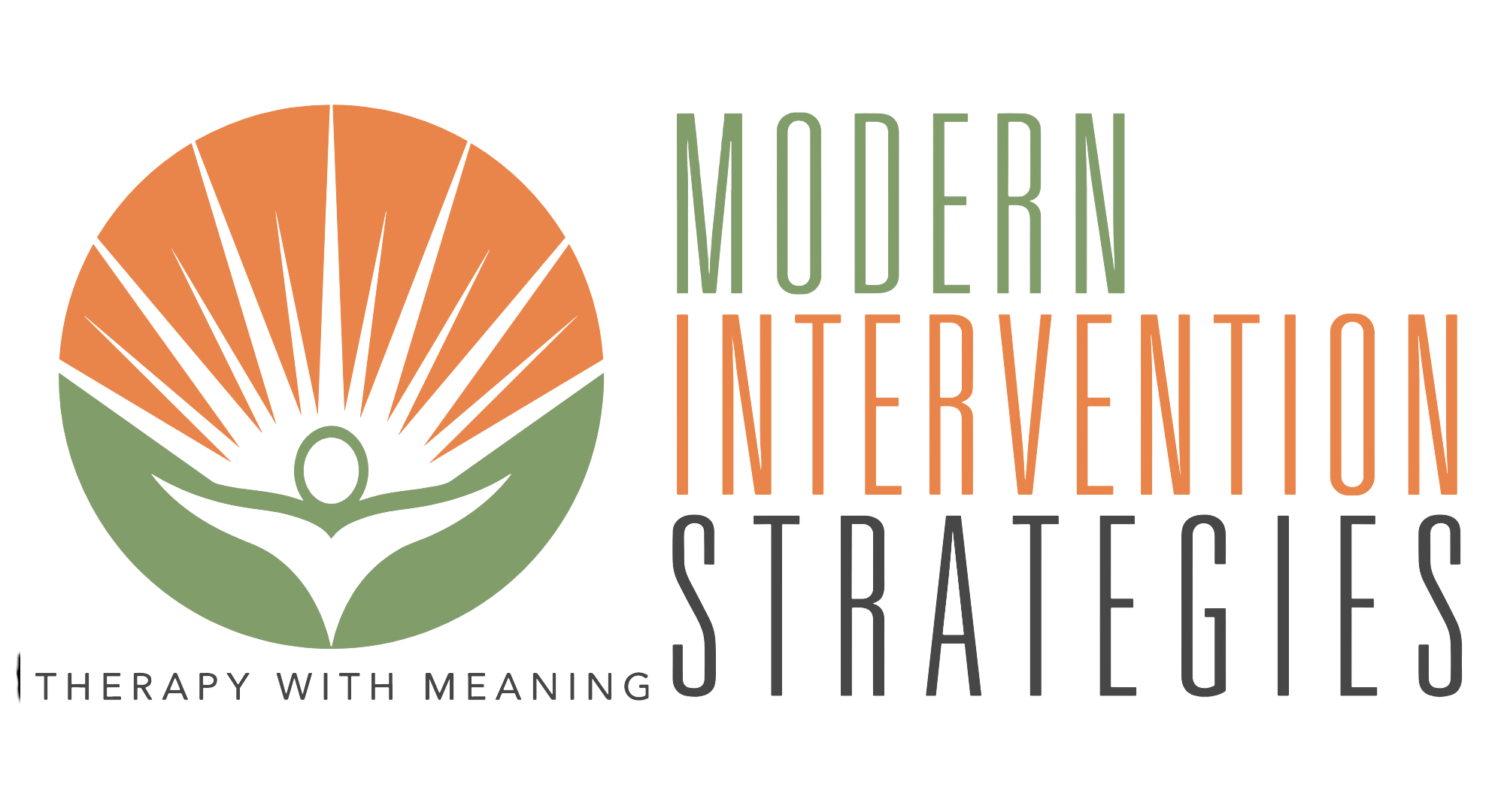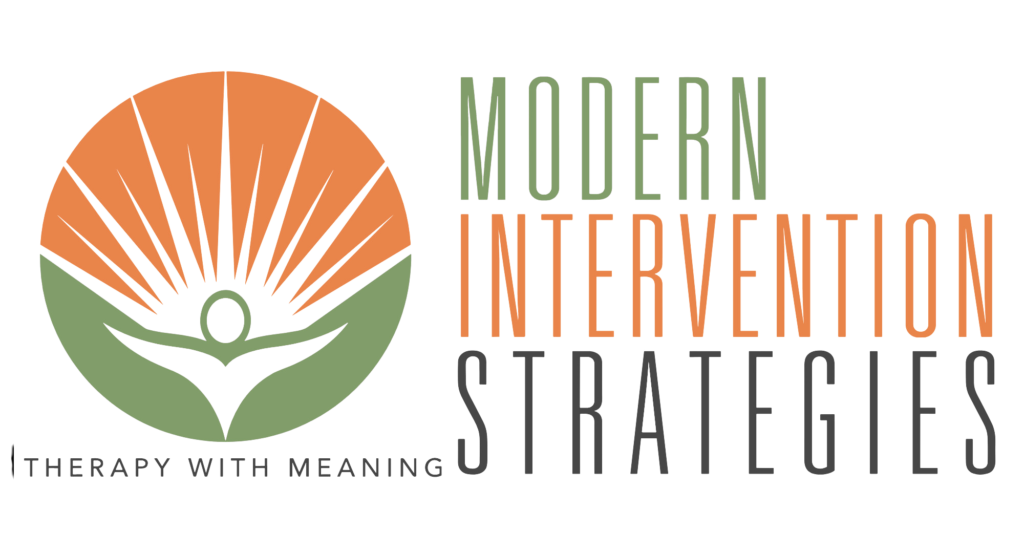If you’ve been searching for answers and struggling to find immediate relief from stress, you’re in the right place. This blog explores the fascinating connection between stress and physical well-being, providing valuable information and practical tips to help you navigate this challenging journey.
We’re diving into a topic that affects many of us: stress and its impact on our health. So, grab a cozy blanket, take a deep breath, and let’s unravel the mysteries of stress and its effects on our bodies.
Understanding Stress

Stress is a natural response to challenging or demanding situations that our bodies and minds encounter. It can be triggered by various factors such as work pressures, relationship issues, financial concerns, or significant life changes. Stress can manifest as physical, emotional, or cognitive symptoms, and its intensity can vary from person to person.
Our body’s stress response is triggered when we encounter a stressful situation. This response, commonly known as the fight-or-flight response, prepares us to face the perceived threat or danger. During this process, the brain releases stress hormones, including adrenaline and cortisol, which increase heart rate, elevate blood pressure, and sharpen our senses.
These physiological changes are designed to help us respond quickly and effectively to potential threats. However, while this response is helpful in short-term and acute stress, chronic or long-term stress can harm our overall well-being.
Understanding Different Types of Stress:
Acute Stress: This short-lived stress occurs in response to immediate pressures or challenges. Time-sensitive work projects, public speaking, or unexpected events can trigger it. Acute stress typically subsides once the situation is resolved.
Episodic Acute Stress: Some individuals experience frequent episodes of acute stress. They may constantly rush from one challenge to another, always feeling overwhelmed. This pattern of episodic acute stress can lead to chronic stress if not properly managed.
Chronic Stress: Chronic stress results from prolonged exposure to stressors, such as ongoing work-related issues, financial difficulties, or strained relationships. It can profoundly impact physical and mental health if left unaddressed.
The Effects of Chronic Stress on Physical Health:
Chronic stress can significantly impact physical health, leading to various symptoms and potential health conditions. Here are some key areas where stress can take a toll:
Immune System: Prolonged stress can suppress the immune system, making us more susceptible to infections, viruses, and autoimmune disorders. It can disrupt the balance of immune cells and increase inflammation in the body.
Cardiovascular System: Chronic stress can contribute to elevated other medical issues such as blood pressure, increased heart rate, and higher levels of cholesterol and triglycerides. Over time, these factors can raise the risk of heart disease, heart attacks, and stroke.
Digestive System: Stress can disrupt the normal functioning of the digestive system, leading to issues such as stomachaches, indigestion, irritable bowel syndrome (IBS), and even inflammatory bowel diseases (IBD) like Crohn’s disease and ulcerative colitis.
Musculoskeletal System: When under stress, our muscles tense up, which can cause headaches, back pain, and overall muscle tension. Chronic stress may contribute to developing or exacerbating conditions like tension headaches, migraines, and musculoskeletal disorders.
Sleep and Energy Levels: Stress can interfere with sleep patterns, making falling or staying asleep difficult. Lack of quality sleep can leave us feeling fatigued, impacting our energy levels and overall well-being.
The Impact of Stress on Physical Health
Unraveling the Connection: Picture this: You’ve had a stressful week at work, with deadlines looming and endless to-do lists. Your body feels tense, your mind is racing, and you can’t shake off that persistent headache. You begin to wonder, “Can stress make me sick?” Well, dear readers, let’s delve into the fascinating world of stress and its impact on physical health.
The Immune System: Our Shield Against Illness
Did you know that chronic stress can weaken our immune system? It’s true! Stress hormones, like cortisol, profoundly affect immune cell function. Under normal circumstances, these cells defend our bodies against harmful bacteria, viruses, and other invaders. However, when stress hormones flood our system for extended periods, they can disrupt the delicate balance of immune cells, making us more vulnerable to infections, allergies, and even autoimmune disorders.
Imagine your immune system as a skilled army, tirelessly protecting you from harm. Chronic stress can throw this army into disarray, leaving gaps in your defense line. That’s why it’s crucial to prioritize stress management and give yourself all you need to keep yourself healthy.
The Cardiovascular System: A Heart Under Pressure
Stress doesn’t just affect our emotions—it can significantly impact our heart health too. Prolonged exposure to stress can lead to elevated blood, increased heart rate, and higher levels of cholesterol and triglycerides. Over time, these factors can contribute to the development of cardiovascular diseases, such as heart disease, heart attacks, and strokes.
Think of your heart as the captain of your body’s ship, diligently pumping life-sustaining blood throughout your system. When stressors persist, it’s like navigating turbulent waters, placing additional strain on your heart. By managing stress effectively, you can help keep your heart sailing smoothly and reduce the risk of cardiovascular problems.
The Digestive System: Gut Feelings and Stress
Have you ever noticed that your stomach feels tied up in knots during stress? Well, there’s a good reason for that! Stress can wreak havoc on our digestive system, leading to stomachaches, indigestion, and even more severe diseases affecting your body, like irritable bowel syndrome (IBS) and inflammatory bowel disease (IBD).
Think of your digestive system as a complex network of highways, ensuring that the nutrients you consume reach suitable destinations. However, chronic stress can throw traffic jams into the mix, disrupting the smooth flow of digestion. By managing stress and prioritizing self-care, you can help ease the strain on your gut, promoting better digestive health.
The Musculoskeletal System: Tension, Aches, and Pains
Stress has a sneaky way of creeping into our muscles, causing tension, aches, and pains. When we experience stress, our muscles tend to tighten up, leading to headaches, back pain, and muscle tension. These physical manifestations of anxiety can range from bothersome discomfort to chronic conditions that impact our daily lives.
Imagine your muscles as resilient rubber bands, capable of stretching and flexing easily. However, when stress pulls at these bands for prolonged periods, they can become strained and weary. Stress management techniques like relaxation exercises, stretching, and regular physical activity can help release the tension, allowing your muscles to bounce back and find relief.
Sleep and Energy Levels: Recharging for Resilience
Stress can be a thief at night, robbing us of quality sleep and leaving us exhausted and drained. Have you ever experienced restless nights, unable to calm your racing thoughts? Chronic stress can interfere with our sleep patterns, making falling and staying asleep challenging.
Managing Stress for Better Health

Identifying Stress Triggers: Unmasking the Culprits
To effectively manage stress, it’s crucial to identify the triggers contributing to your stress levels. Reflect on your experiences and take note of the situations, people, or environments that consistently lead to heightened stress. It could be work-related deadlines, relationship conflicts, financial pressures, or internal factors like perfectionism or fear of failure.
By becoming aware of your stress triggers, you can develop strategies to minimize their impact on your well-being.
Stress Management Techniques: Finding Your Zen
Now that you’ve identified your stress triggers, let’s explore a range of proven stress management techniques that can bring immediate relief:
Deep Breathing Exercises: When stress overwhelms you, take a moment to focus on your breath. Slowly inhale through your nose, allowing your abdomen to expand, and exhale through your mouth, releasing any tension. Deep breathing triggers the relaxation response, calming your flight or fight response and promoting a sense of tranquility.
Meditation and Mindfulness: Incorporating meditation or mindfulness practices into your routine can do wonders in managing stress. Whether through guided meditations, mindful breathing exercises, or simply being fully present in the moment, these practices help cultivate a sense of inner peace and clarity amidst life’s chaos.
Physical Activity: Engaging in regular physical activity is a powerful stress buster. Exercise releases endorphins, those feel-good hormones that boost your mood and reduce stress levels. Find activities you enjoy, whether jogging, dancing, yoga, or swimming, and make them a part of your self-care routine.
Relaxation Techniques: Explore progressive muscle relaxation, yoga, tai chi, a warm bath, or soothing music. These activities promote relaxation, reduce muscle tension, and provide a much-needed respite from the daily grind.
Seeking Support: You’re Not Alone
In times of stress, seeking support is not a sign of weakness—it’s an act of strength and self-care. Reach out to loved ones, friends, or trusted colleagues who can provide a listening ear and offer guidance. Sometimes, talking about your stressors can bring a fresh perspective or even uncover solutions you hadn’t considered.
Additionally, consider seeking professional support from therapists, counselors, or support groups specializing in stress management. These professionals can provide tools, techniques, and coping strategies tailored to your needs, empowering you to navigate stress and regain control of your life.
Self-Care and Lifestyle Changes: Nurturing Your Well-Being
Amidst the chaos of stress, self-care becomes even more critical. Remember, you cannot pour from an empty cup. Here are some vital self-care practices and lifestyle changes that can promote resilience and overall well-being:
- Prioritize Sleep: Establish a consistent sleep routine and create a sleep-friendly environment that encourages relaxation. Aim for 7-9 hours of quality sleep each night to restore your body and mind.
- Nourishing Nutrition: Fuel your body with wholesome, balanced meals that provide the nutrients for optimal functioning. Avoid excessive caffeine, sugary snacks, and processed foods, as they exacerbate stress symptoms.
Can Stress Make You Sick? Exploring the Mind-Body Connection

The mind-body connection is a fascinating and intricate mental and physical well-being relationship. When it comes to stress, the impact on our health goes beyond the immediate emotional and psychological effects. In this section, we’ll explore in greater detail how stress can make you sick and delve into the scientific evidence behind this phenomenon.
Understanding the Stress Response
Let’s revisit the stress response we discussed earlier to understand how stress can impact physical health. When we experience stress, the body releases hormones like adrenaline and cortisol, preparing us for the fight-or-flight response. While helpful in short bursts, this response becomes problematic when stress becomes chronic.
Immune System Suppression:
Chronic stress can weaken the immune system, leaving us more susceptible to illnesses. Research has shown that prolonged stress can reduce immune cells, impair their function, and increase inflammation. This weakened immune response can make us more vulnerable to infections, slow wound healing, and increase the risk of autoimmune disorders.
Inflammation:
Inflammation is a natural immune response that helps the body heal from injuries or fight infections. High levels of stress hormones can promote inflammation, putting our bodies in a state of prolonged immune activation that can contribute to chronic illnesses. However, chronic stress can lead to excessive inflammation, causing various heart conditions linked to multiple health conditions, such as cardiovascular disease, diabetes, and autoimmune disorders.
Heart Health:
Stress affects our cardiovascular system, increasing the risk of heart disease and related conditions. When stress hormones flood the body, it affects the heart’s functions. Over time, this can lead to the development of hypertension (high blood pressure), a significant risk factor for heart attacks and strokes.
Digestive Disorders:
Stress can wreak havoc on our digestive system, leading to gastrointestinal issues. It can disrupt the normal functioning of the digestive tract, causing symptoms such as stomachaches, indigestion, acid reflux, and irritable bowel syndrome (IBS). Chronic stress can sometimes contribute to developing or worsening conditions like inflammatory bowel disease (IBD).
Mental Health Impact:
Stress not only affects us physically but also has a profound impact on our mental well-being. Chronic stress is closely linked to developing or exacerbating mental health disorders such as anxiety and depression. These conditions, in turn, can further contribute to physical health problems, creating a vicious cycle.
The Science Behind Stress-Related Illnesses
Scientific research has provided valuable insights into the relationship between stress and physical health. Studies have shown that chronic stress can contribute to the development of a wide range of illnesses, including but not limited to:
- Cardiovascular diseases (e.g., heart disease, hypertension, stroke)
- Metabolic disorders (e.g., diabetes, obesity)
- Respiratory conditions (e.g., asthma, allergies)
- Gastrointestinal disorders (e.g., IBS, ulcers)
- Autoimmune diseases (e.g., rheumatoid arthritis, lupus)
- Chronic pain conditions (e.g., fibromyalgia, migraines)
It’s important to note that stress alone may not be the sole cause of these illnesses, but it can be a contributing factor. Each person’s experience with stress and its impact on their health is unique, influenced by genetics, lifestyle, and overall resilience.
Taking Control: Stress Management and Self-Care
While the link between stress and physical health issues is significant, it’s essential to remember that we can change the outcome of stress. By implementing effective stress management strategies and prioritizing self-care, we can reduce the risk of stress-related illnesses and improve our overall well-being.
Stress Reduction Techniques:
Explore stress reduction techniques such as deep breathing exercises, meditation, yoga, and progressive muscle relaxation. These practices help activate the relaxation response, counteracting how chronic stress affects the body.
Healthy Lifestyle Choices:
Engage in regular physical activity, eat a balanced diet, and get enough sleep. Physical exercise releases endorphins, improves cardiovascular health and reduces stress levels. A nutritious diet provides essential nutrients for optimal functioning, while adequate sleep allows the body to rest and rejuvenate.
Support Network:
Seek support from friends, family, or support groups. Sharing your experiences and emotions with others improves your outlook on yourself and others by providing comfort, guidance, and a sense of connection. Additionally, consider consulting with a mental health professional who can provide expert advice and support tailored to your needs.
Relaxation and Mindfulness:
Incorporate relaxation and mindfulness practices into your daily routine. Engage in activities that help you unwind, such as reading, listening to calming music, bathing, or spending time in nature. Practice mindfulness to cultivate present-moment awareness and foster a sense of peace and calm.
Boundaries and Self-Care:
Establish healthy boundaries in your personal and professional life. Learn to prioritize self-care and set aside time for activities that bring joy, relaxation, and fulfillment. Engaging in hobbies, pursuing interests, and taking regular breaks can help alleviate stress and promote a healthier work-life balance.
Embracing a Stress-Free Future by realizing that stress may be unavoidable; the difference lies in how we respond to it. By understanding the impact of stress on our physical health, adopting effective stress management techniques, seeking support, and prioritizing self-care, we can reclaim our well-being and create a future free from stress.
By also understanding the impact of stress on our bodies, implementing stress reduction techniques, making healthy lifestyle choices, and seeking support, we can break free from stress-related illnesses. Remember, managing stress is a journey; each step you take towards self-care and resilience is a step towards a happier, healthier life.







